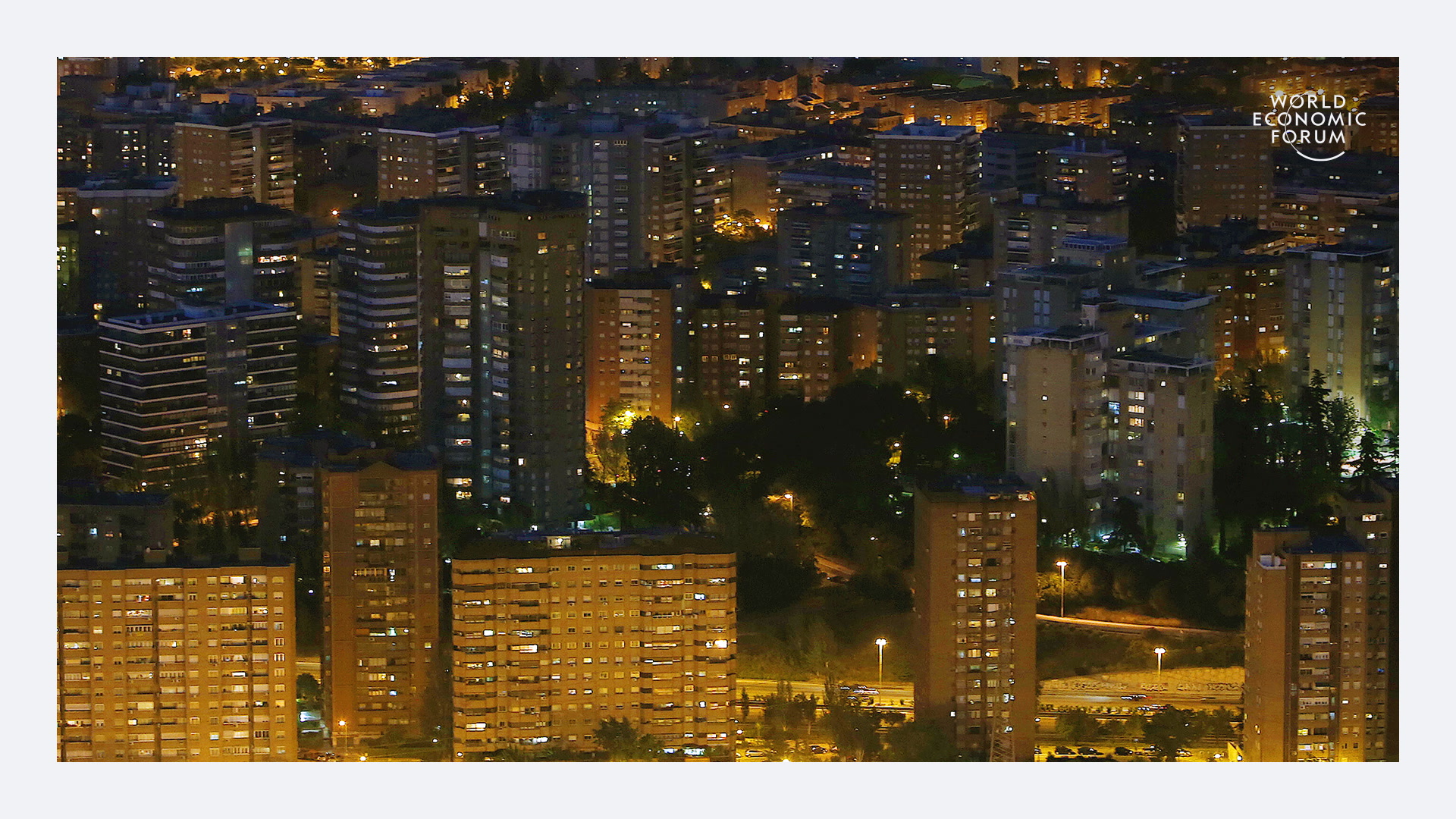Here's where energy poverty is felt most in Europe

In the UK alone, one in three households are expected to be pushed into energy poverty this winter. Image: Unsplash/Natalya Letunova

Get involved with our crowdsourced digital platform to deliver impact at scale
Stay up to date:
Energy Transition
- With the absence of Russia's natural gas, Europe has noticed a shortage of energy leading to a boost in heating bills.
- In the European Union, nearly 7% of the population was not able to heat their home properly in 2021.
- The country most affected by fuel poverty was Bulgaria followed by Lithuania and Cyprus, according to Eurostat data.
Europe has a tough winter ahead. Without Russian natural gas, the bloc has a shortage of energy. This has ratcheted up heating bills, and as we’ve already seen, it’s households bearing the brunt of the costs. In the UK alone, one in three households are expected to be pushed into energy poverty this winter.
However, even before the energy crisis began, having a sufficiently heated home was not a given for everyone. In the European Union, nearly seven percent of the population was not able to heat their home properly in 2021. As our graph based on Eurostat data shows, the country most affected by fuel poverty was Bulgaria, where nearly one in four people (23.7 percent) were affected last year, followed by Lithuania (22.5 percent) and Cyprus (19.4 percent).
The lowest rates were recorded in Switzerland (0.2 percent) and Norway (0.8 percent). By contrast, countries in southern Europe showed a higher share of people unable to heat their homes properly in 2021. The European average was 6.9 percent. When data for 2022 comes out, we can expect these figures to be worse.

How is the World Economic Forum facilitating the transition to clean energy?
Don't miss any update on this topic
Create a free account and access your personalized content collection with our latest publications and analyses.
License and Republishing
World Economic Forum articles may be republished in accordance with the Creative Commons Attribution-NonCommercial-NoDerivatives 4.0 International Public License, and in accordance with our Terms of Use.
The views expressed in this article are those of the author alone and not the World Economic Forum.
The Agenda Weekly
A weekly update of the most important issues driving the global agenda
You can unsubscribe at any time using the link in our emails. For more details, review our privacy policy.
More on Energy TransitionSee all
Lisa Donahue and Vance Scott
April 28, 2024
Spencer Feingold
April 28, 2024
Margi Van Gogh and Jörgen Sandström
April 28, 2024
Robin Pomeroy and Sophia Akram
April 26, 2024
Liam Coleman
April 25, 2024






